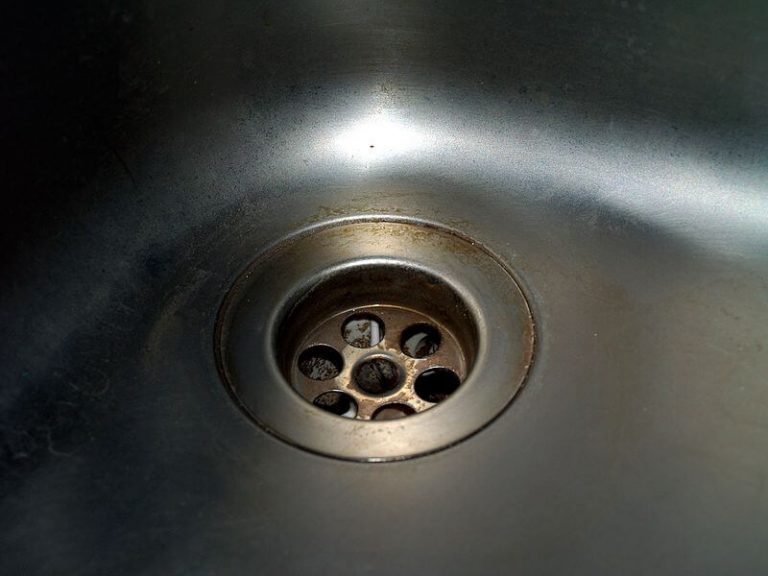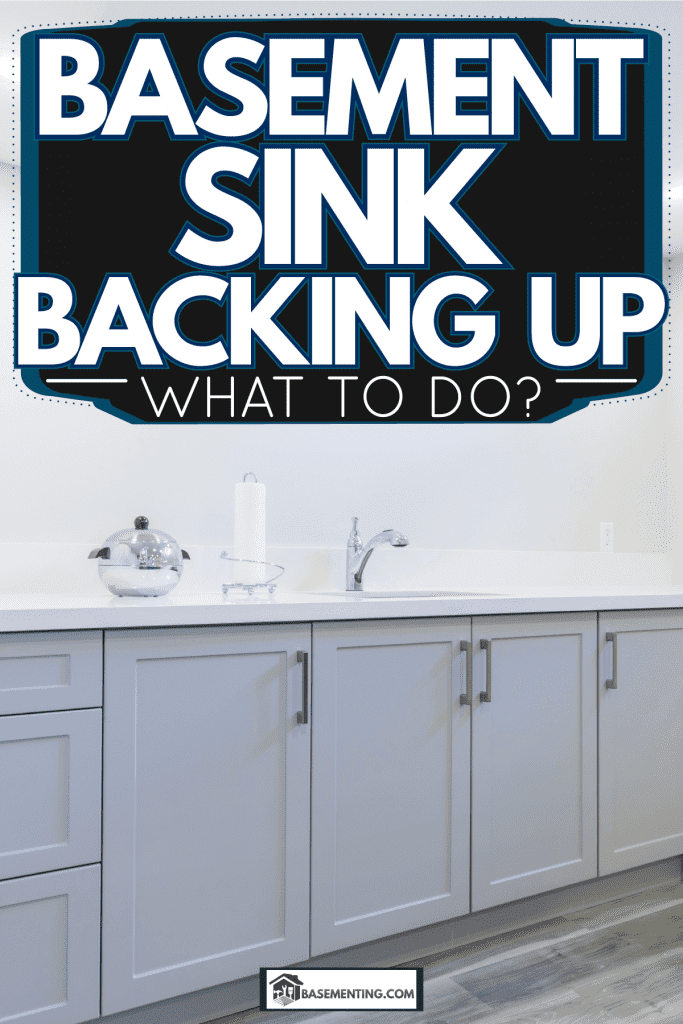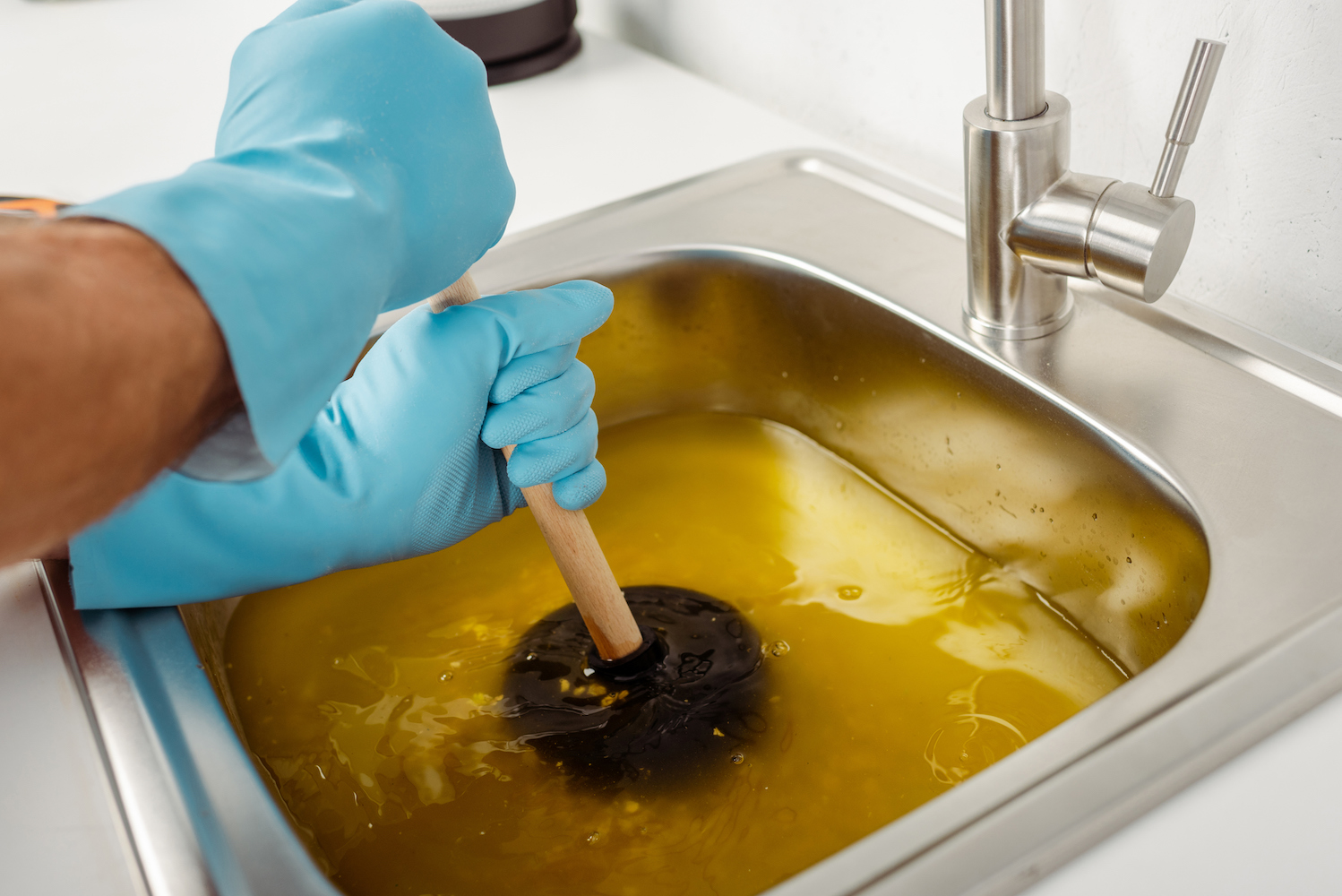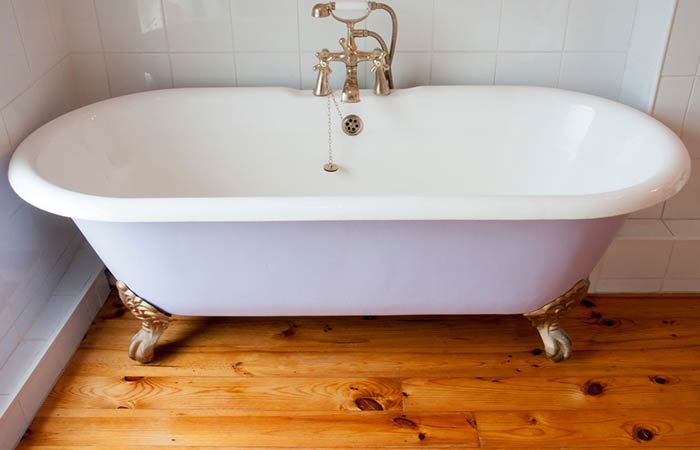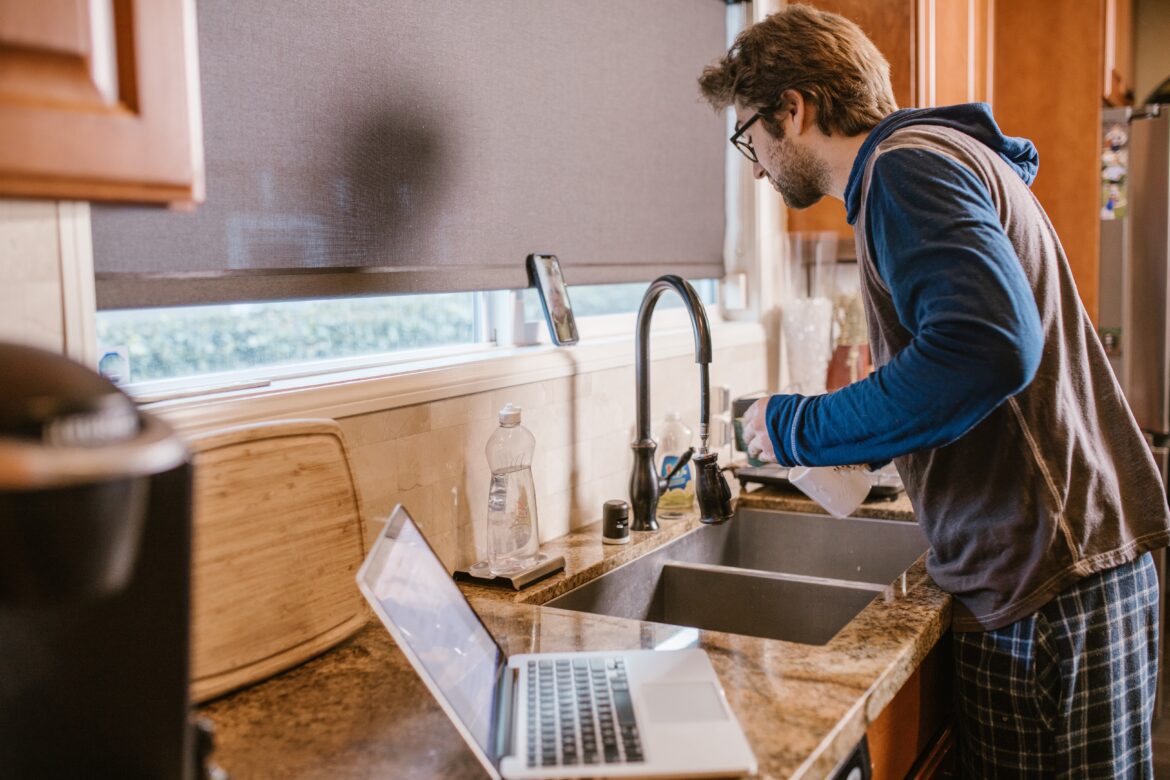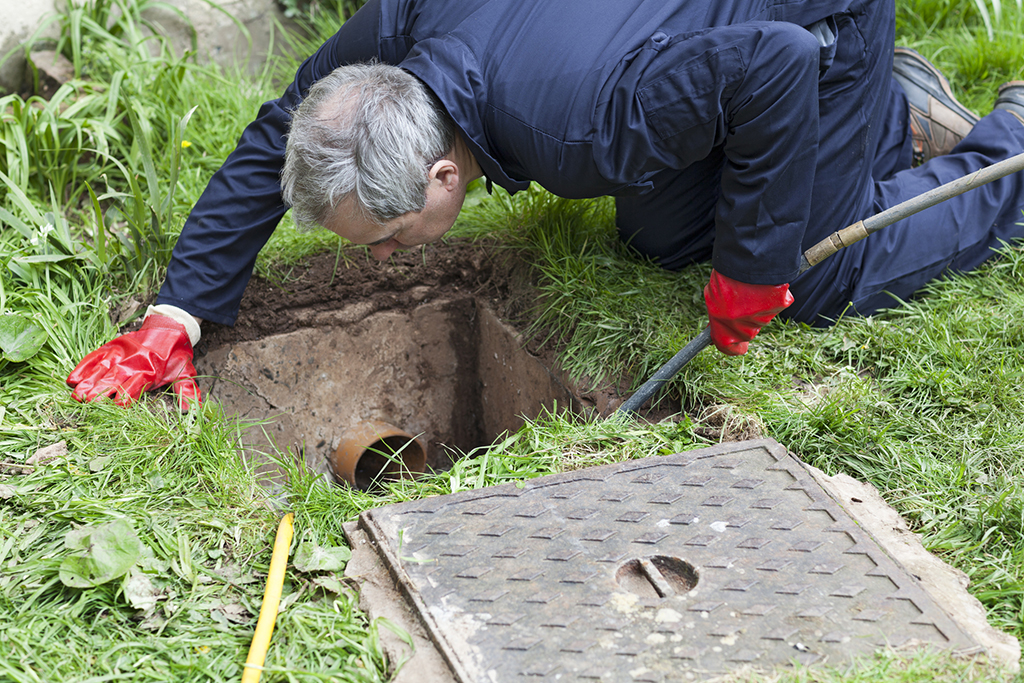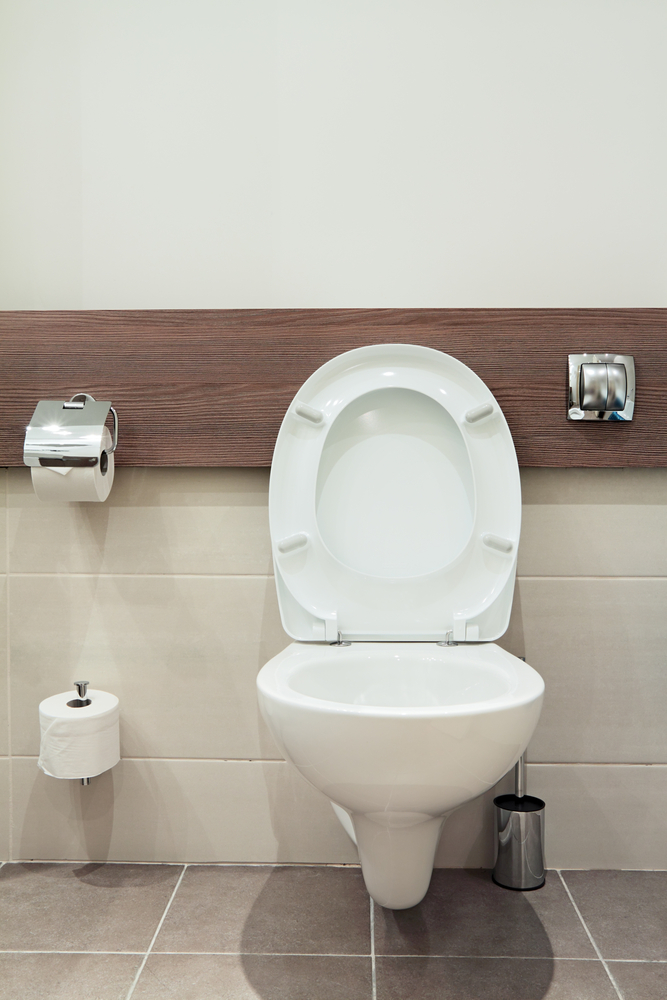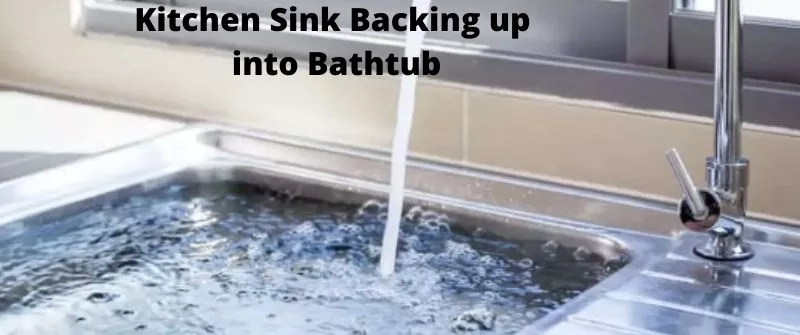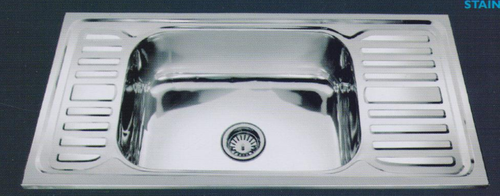Sewage backing up into your kitchen sink can be a disgusting and stressful experience. Not only is it unpleasant to deal with, but it can also pose health risks and cause damage to your home. Understanding the causes of this issue can help you prevent it from happening in the first place. Blocked Drains: One of the most common causes of sewage backing up into kitchen sinks is a blocked drain. This can occur due to a buildup of food debris, grease, and other substances that can clog the pipes. Tree Roots: Another common cause of blocked drains is tree roots that have grown into the pipes, causing blockages and damage to the system. This is more likely to happen if you have older pipes that are made of clay or other porous materials. Broken or Damaged Pipes: Over time, pipes can become damaged due to wear and tear, causing them to break or collapse. This can also lead to sewage backing up into your kitchen sink. Improper Plumbing Installation: If your plumbing system was not installed correctly, it can cause problems such as sewage backing up into your kitchen sink. This can happen if the pipes are not connected properly or if they are not the right size for your household's needs. City Sewer Issues: In some cases, the issue may not be with your own plumbing system, but with the city's sewer system. Heavy rain or clogs in the main sewer line can cause sewage to back up into your kitchen sink.Causes of Sewage Backing Up into Kitchen Sink
Dealing with sewage backing up into your kitchen sink can be a messy and unpleasant task. However, it is important to address the issue as soon as possible to prevent further damage and health risks. Here are some steps you can take to fix the problem: Call a Professional Plumber: If you are not comfortable handling the issue yourself, it is best to call a professional plumber. They have the expertise and equipment to properly diagnose and fix the problem. Use a Plunger: In some cases, you may be able to unclog the drain using a plunger. Make sure to use a plunger specifically designed for sinks and toilets, and follow the instructions carefully. Try a Drain Cleaner: You can also try using a chemical drain cleaner to break up any blockages in the pipes. However, be cautious when using these products as they can be harmful to your health and the environment. Inspect the Sewer Line: If you suspect that the issue lies in the main sewer line, you can try inspecting it using a sewer camera. This can help identify any blockages or damage that may be causing the sewage backup.How to Fix Sewage Backing Up into Kitchen Sink
Sewage backing up into your kitchen sink is not always immediately noticeable. However, there are some signs that you can look out for to catch the problem early on. These include: Foul Smell: If you notice a strong odor coming from your kitchen sink, it could be a sign of sewage backing up into the pipes. Slow Drainage: If your sink is draining slowly or not at all, it could be a sign of a blockage in the pipes. Gurgling Sounds: Strange gurgling or bubbling sounds coming from your sink can also indicate a blockage in the pipes. Water Backup: If you notice water backing up into your sink when you flush the toilet or run the washing machine, it could be a sign of a clogged or damaged sewer line.Signs of Sewage Backing Up into Kitchen Sink
While sewage backing up into your kitchen sink can be a frustrating and unpleasant experience, there are steps you can take to prevent it from happening in the first place. These include: Proper Disposal of Fats and Grease: Avoid pouring fats, oils, and grease down your kitchen sink as they can solidify and cause blockages in the pipes. Regular Maintenance: Have your plumbing system regularly inspected and maintained by a professional plumber to catch any issues before they become major problems. Use a Drain Guard: Install a drain guard in your kitchen sink to catch food debris and prevent it from going down the drain. Be Mindful of What You Flush: Only flush toilet paper and waste down your toilet, and avoid flushing any other items that can cause blockages in the pipes.Preventing Sewage Backing Up into Kitchen Sink
If you are dealing with sewage backing up into your kitchen sink, it is best to seek help from a professional plumber. They have the necessary equipment and expertise to properly diagnose and fix the issue, ensuring it does not happen again in the future. Additionally, a plumber can also provide preventative maintenance to keep your plumbing system in good working condition and catch any potential issues before they become major problems.Professional Help for Sewage Backing Up into Kitchen Sink
If you are comfortable handling the issue yourself, there are some DIY solutions you can try to fix sewage backing up into your kitchen sink. These include: Using a Plunger: As mentioned earlier, a plunger can be used to try to unclog the drain. Make sure to use one specifically designed for sinks and toilets, and follow the instructions carefully. Chemical Drain Cleaners: You can also try using a chemical drain cleaner to break up any blockages in the pipes. However, be cautious when using these products and follow the instructions carefully. Snaking the Drain: If you have a drain snake, you can try using it to remove any blockages in the pipes. Make sure to follow the instructions and be gentle to avoid causing damage to the pipes.DIY Solutions for Sewage Backing Up into Kitchen Sink
Some of the common reasons for sewage backing up into kitchen sinks have already been mentioned, including blocked drains, tree roots, and broken pipes. Other possible reasons include: Septic Tank Issues: If you have a septic tank, it could be the source of the problem. Inadequate maintenance or a full tank can cause sewage to back up into your kitchen sink. Incorrect Pipe Slope: The slope of your pipes plays a crucial role in carrying waste away from your home. If the pipes are not sloped correctly, it can cause sewage to back up into your kitchen sink. Heavy Rainfall: During heavy rainfall, the city's sewer system may become overwhelmed, causing sewage to back up into your home's plumbing system.Common Reasons for Sewage Backing Up into Kitchen Sink
Sewage backing up into your kitchen sink can pose health risks to you and your family. Sewage contains harmful bacteria and viruses that can cause illness and infection if ingested or inhaled. It is important to take precautions and protect yourself when dealing with this issue. If you have a weakened immune system or pre-existing health conditions, it is best to avoid handling the issue yourself and seek professional help.Health Risks of Sewage Backing Up into Kitchen Sink
Cleaning up after a sewage backup can be a daunting and unpleasant task. Here are some steps you can take to clean up effectively: Protect Yourself: Before you start cleaning, make sure to protect yourself by wearing gloves, a mask, and other protective gear. Remove Standing Water: Use a bucket or wet/dry vacuum to remove any standing water from your sink and surrounding areas. Disinfect: Use a disinfectant to clean and disinfect all affected areas, including your sink, countertops, and floors. Dispose of Contaminated Items: Any items that have come into contact with the sewage should be disposed of properly. This includes sponges, mops, and clothing.How to Clean Up Sewage Backing Up into Kitchen Sink
If you are renting a property and experience sewage backing up into your kitchen sink, it is important to inform your landlord or property manager immediately. They are responsible for fixing any plumbing issues in the rental property. It is also important to document the issue and any damage it may have caused. This can help protect you in case of any disputes or issues with the landlord.Dealing with Sewage Backing Up into Kitchen Sink in Rental Properties
Why Sewage Backing Up Into Your Kitchen Sink is a Serious Problem

Understanding the Issue
Health and Environmental Hazards
 The presence of sewage in your kitchen sink can bring about a host of potential health hazards. Raw sewage is filled with harmful bacteria, viruses, and other pathogens that can cause serious illnesses if ingested or even if just in contact with your skin. This is especially dangerous for households with young children, elderly or immunocompromised individuals. Additionally, sewage can contaminate your home's water supply, further compromising your health and safety.
Furthermore, sewage can have a significant impact on the environment. When it backs up into your kitchen sink, it can overflow onto your floors, seep into your walls and ceilings, and even end up in your yard. This can lead to contamination of the soil and water, potentially harming plants and animals in the surrounding area.
The presence of sewage in your kitchen sink can bring about a host of potential health hazards. Raw sewage is filled with harmful bacteria, viruses, and other pathogens that can cause serious illnesses if ingested or even if just in contact with your skin. This is especially dangerous for households with young children, elderly or immunocompromised individuals. Additionally, sewage can contaminate your home's water supply, further compromising your health and safety.
Furthermore, sewage can have a significant impact on the environment. When it backs up into your kitchen sink, it can overflow onto your floors, seep into your walls and ceilings, and even end up in your yard. This can lead to contamination of the soil and water, potentially harming plants and animals in the surrounding area.
Causes of Sewage Backups
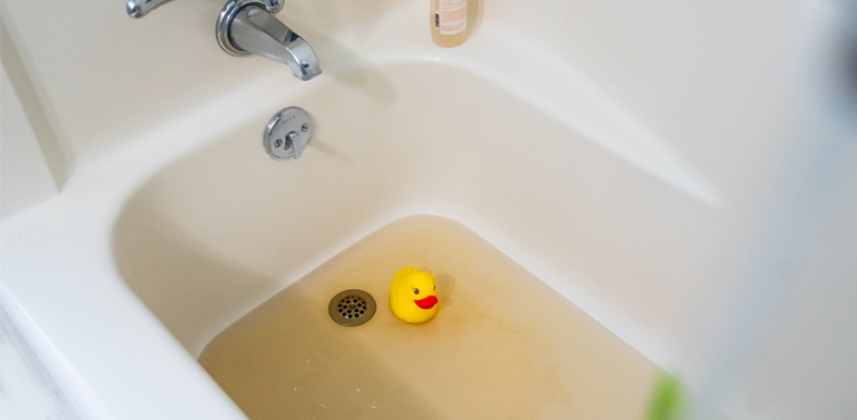 There are a few common reasons why sewage may back up into your kitchen sink. One of the most common causes is a blockage or clog in your sewer line. This can happen due to a buildup of debris, grease, or foreign objects that have been flushed down the drain. Tree roots can also invade and block your sewer line, causing sewage to back up into your home.
Another cause could be a malfunction or damage to your sewer line, such as cracks or breaks. This can occur due to aging pipes, shifting soil, or extreme weather events. If your sewer line is not functioning properly, it can lead to sewage backups and other related issues.
There are a few common reasons why sewage may back up into your kitchen sink. One of the most common causes is a blockage or clog in your sewer line. This can happen due to a buildup of debris, grease, or foreign objects that have been flushed down the drain. Tree roots can also invade and block your sewer line, causing sewage to back up into your home.
Another cause could be a malfunction or damage to your sewer line, such as cracks or breaks. This can occur due to aging pipes, shifting soil, or extreme weather events. If your sewer line is not functioning properly, it can lead to sewage backups and other related issues.
Conclusion
 In conclusion, sewage backing up into your kitchen sink is a serious problem that requires immediate attention. Not only can it create a hazardous and unhygienic environment, but it can also cause significant damage to your home and the environment. If you are experiencing this issue, it is important to address it promptly by contacting a professional plumber who can identify and fix the root cause of the problem. Don't wait until it's too late – take action to prevent sewage backups and protect your home and family.
In conclusion, sewage backing up into your kitchen sink is a serious problem that requires immediate attention. Not only can it create a hazardous and unhygienic environment, but it can also cause significant damage to your home and the environment. If you are experiencing this issue, it is important to address it promptly by contacting a professional plumber who can identify and fix the root cause of the problem. Don't wait until it's too late – take action to prevent sewage backups and protect your home and family.


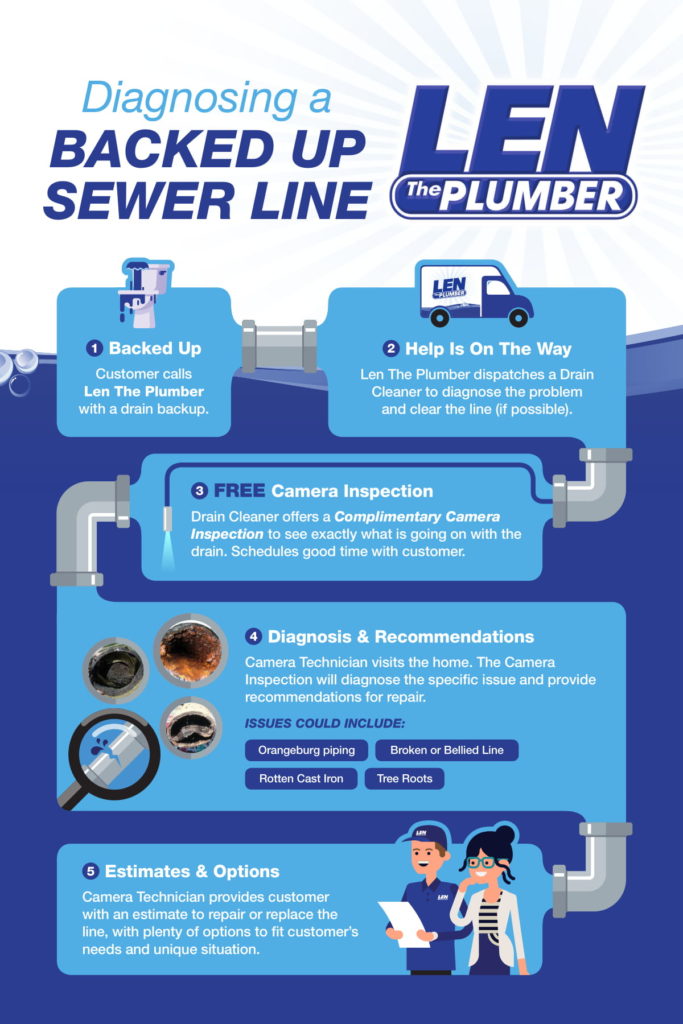


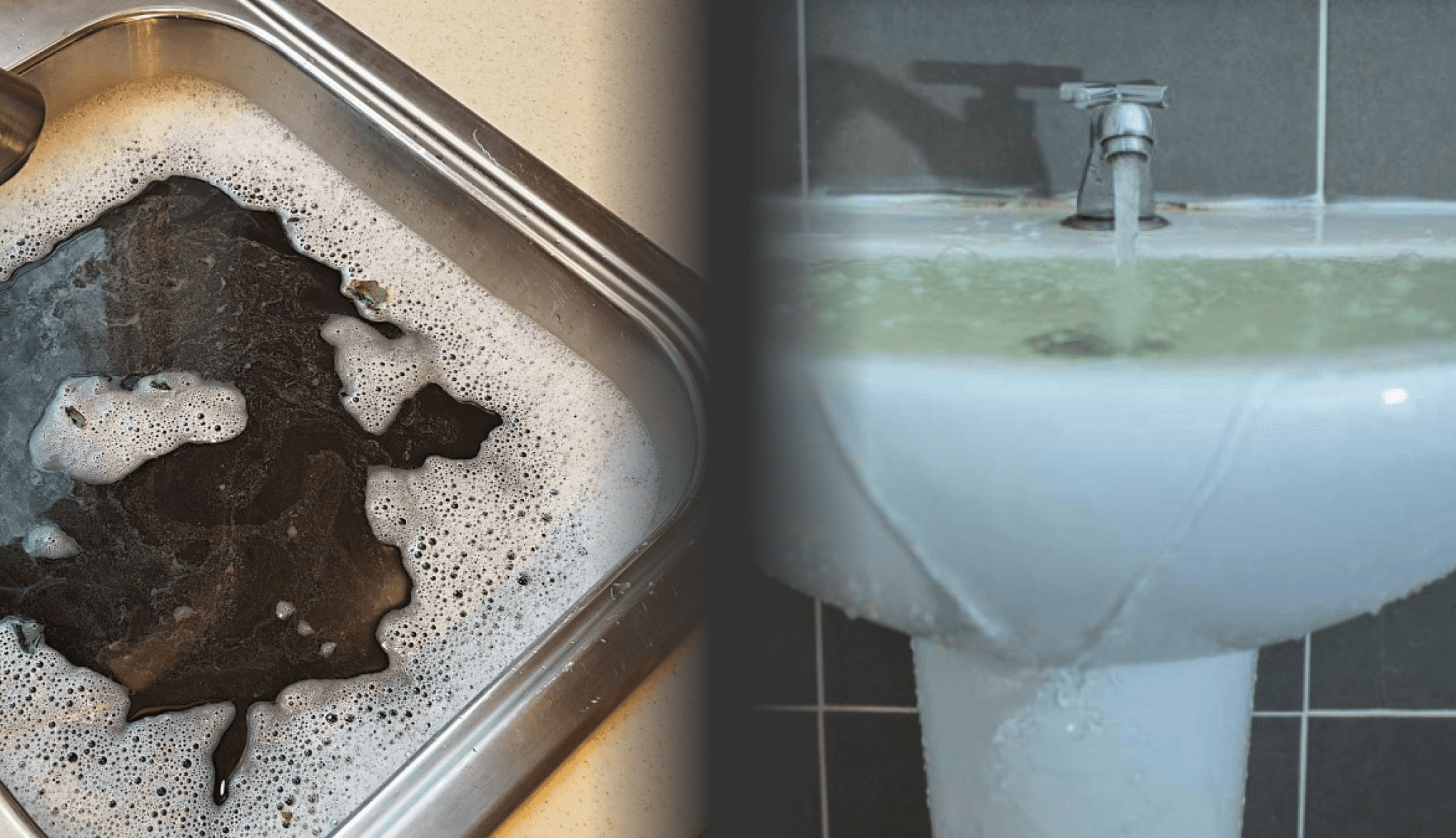


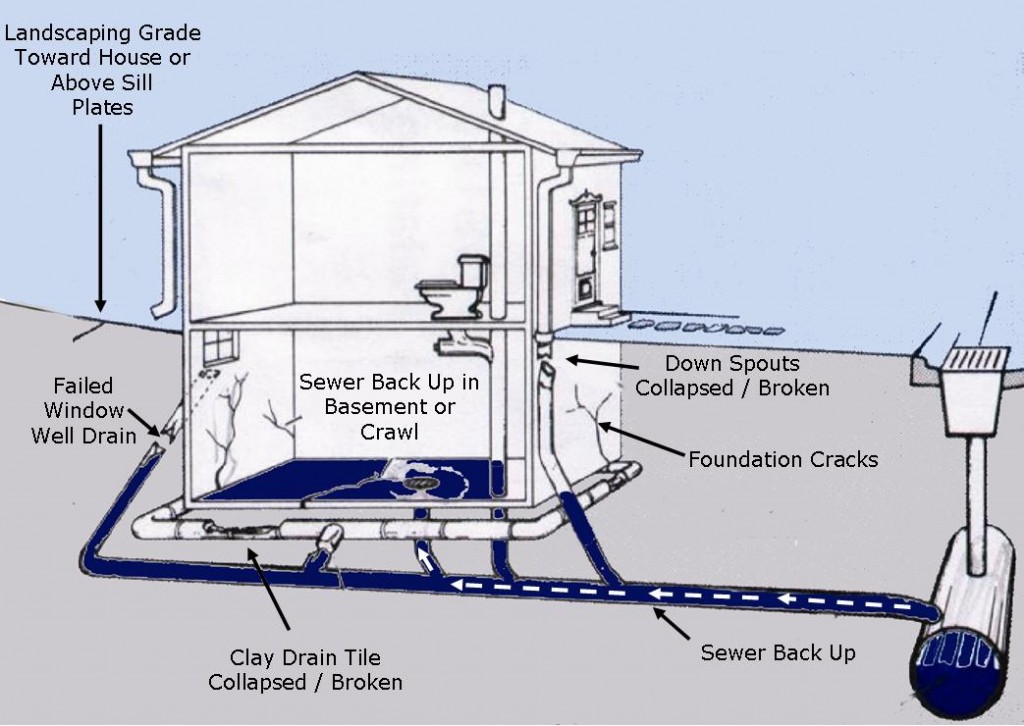



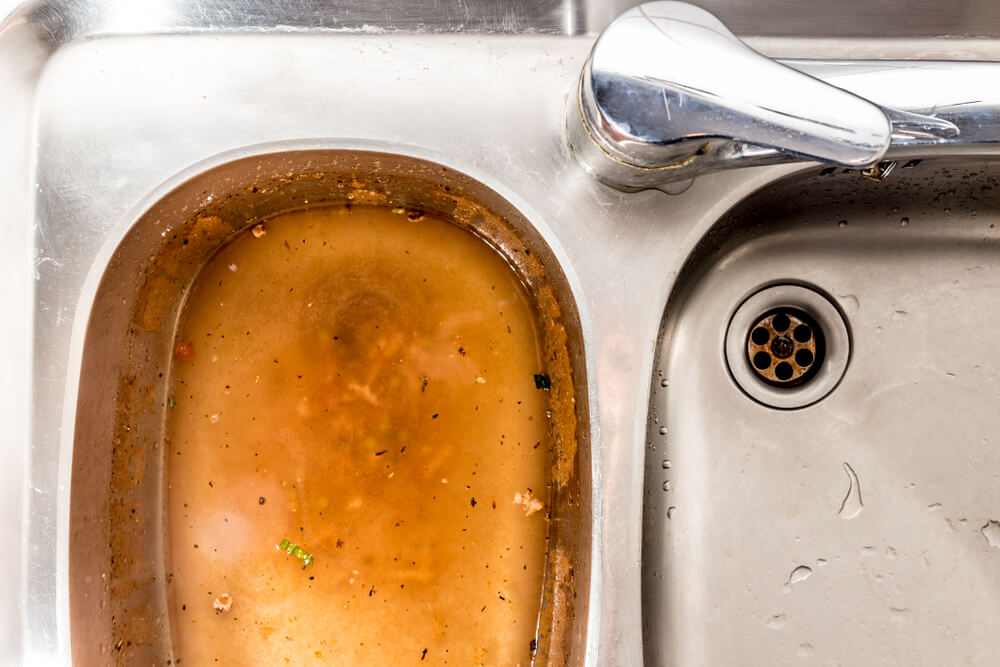





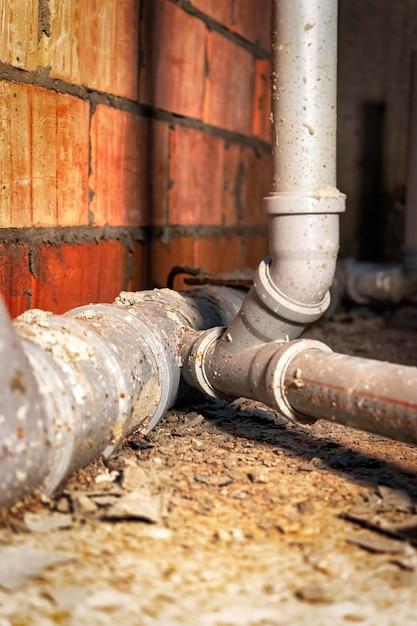

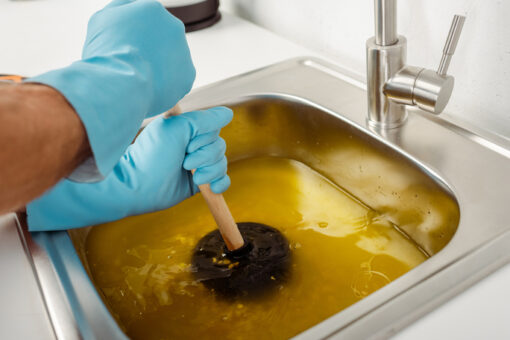



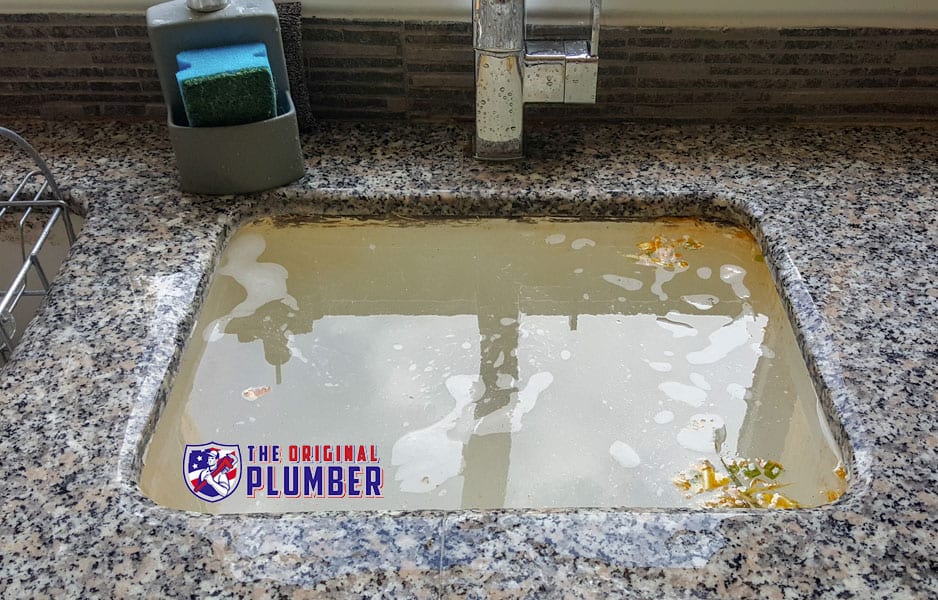


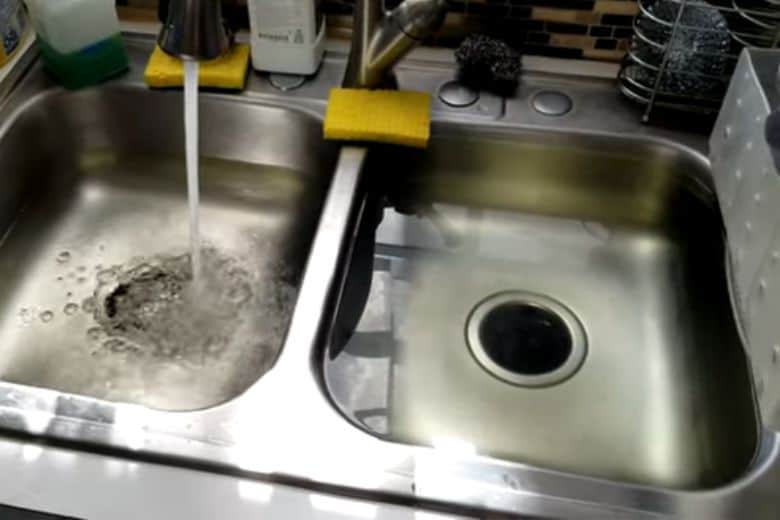
:max_bytes(150000):strip_icc()/how-to-install-a-sink-drain-2718789-hero-24e898006ed94c9593a2a268b57989a3.jpg)
